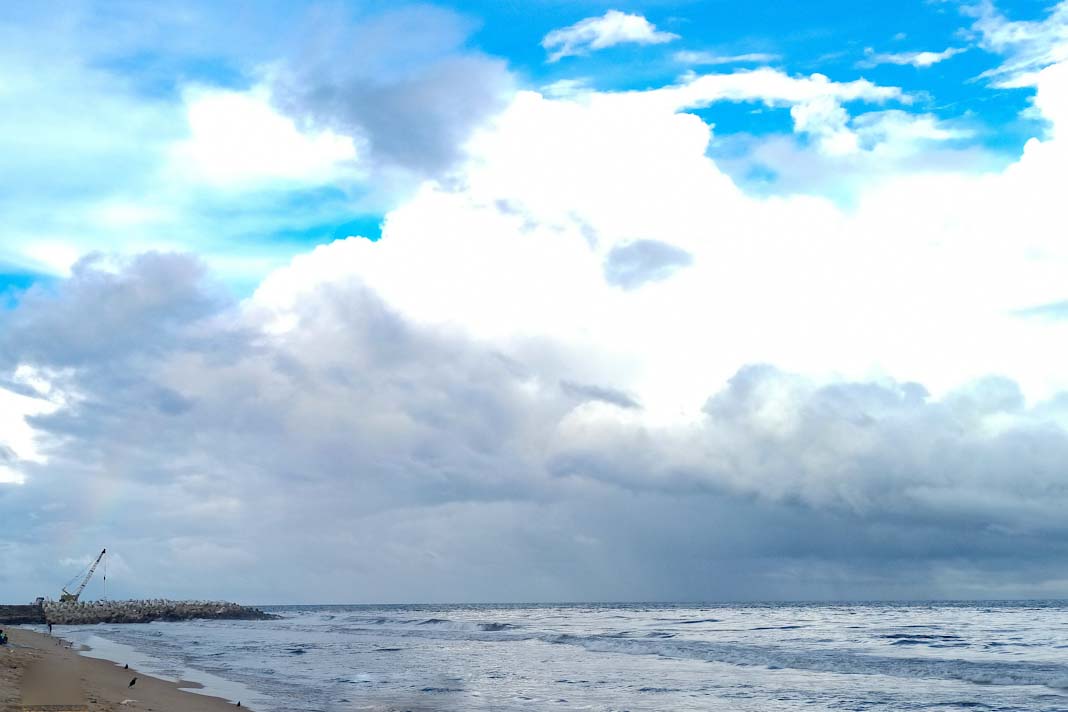Emissions Reduction Initiative
MSC Cruises has announced a significant step towards reducing its fleet’s emissions by up to 15% by 2026 with the introduction of a new itinerary planning optimization tool called OptiCruise.
Development and Collaboration
The tool was developed in collaboration with OPTIMeasy , a research company affiliated with the University of Genoa. Together, they created a mathematical model that considers various factors influencing the planning of MSC Cruises’ itineraries to achieve maximum efficiency while maintaining or enhancing guest satisfaction.
Traditional vs. Optimized Planning
Traditionally, cruise itinerary planning has focused heavily on the attractiveness of destinations for potential holidaymakers. However, OptiCruise broadens the scope to include numerous other aspects such as sequencing of port calls, departure and arrival times, ship speed, destination appeal, shore excursions, and operational costs including fuel, port charges, and food provisions. The tool’s algorithms use this information to identify optimized itineraries that are both appealing to guests and energy-efficient.
Implementation and Testing
Itinerary planning typically takes place two years before sailing. Thus, the benefits of OptiCruise will be evident in 2026 when MSC Cruises’ fleet will comprise 24 ships. The MSC Bellissima was chosen to evaluate the prototype technology over a 12-month period, sailing between 17 ports in the Mediterranean Sea.
Net Zero Emissions Strategy
MSC Cruises aims to achieve net zero greenhouse gas (GHG) emissions by 2050 through three key areas: ship and engine technology, operational efficiency, and renewable fuels. OptiCruise falls under operational efficiency, leveraging digitalization to drive energy consumption efficiencies.
Statements and Projections
Michele Francioni, Chief Energy Transition Officer at MSC Cruises, highlighted that the OPTIMeasy team estimates average fuel savings and emissions reductions of 10-15% using OptiCruise. This is a significant step towards MSC Cruises’ goal of net zero GHG emissions by 2050.
EU Funded Project CHEK
OptiCruise was developed as part of the European Union’s funded Project CHEK, which investigates and trials low-carbon shipping opportunities including energy technologies and innovative ship designs. The project is part of the EU’s Horizon research and innovation program and is led by the University of Vaasa in Finland. The consortium includes MSC Cruises, the World Maritime University, Wärtsilä, Cargill, and Lloyds Register, among others. The mathematical model was recognized by Project CHEK as a factor that could substantially reduce emissions not just for MSC Cruises, but across the entire cruise industry.
















